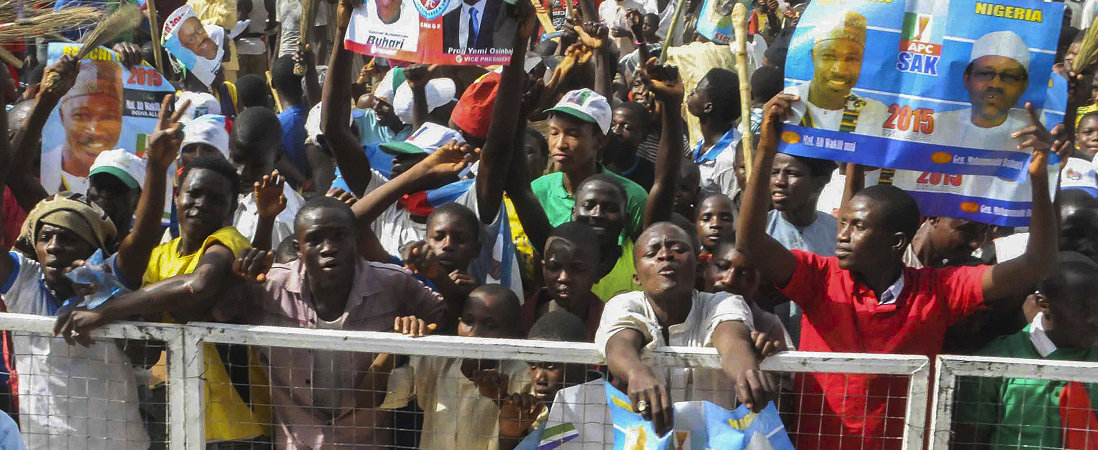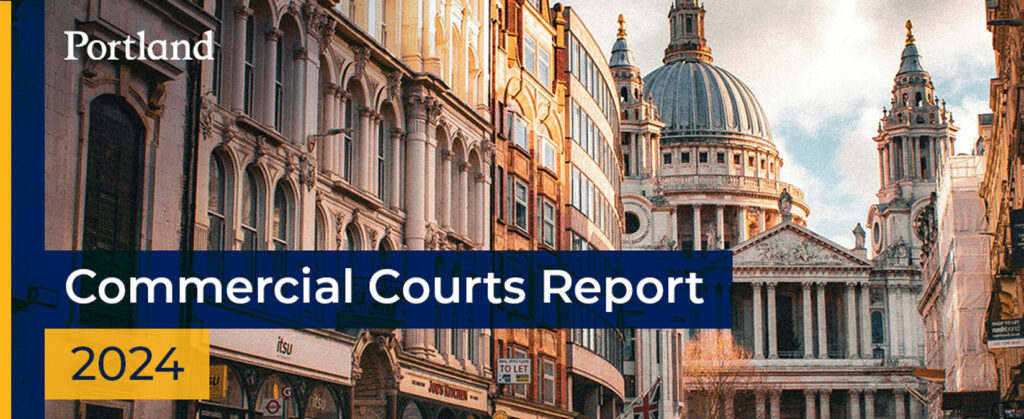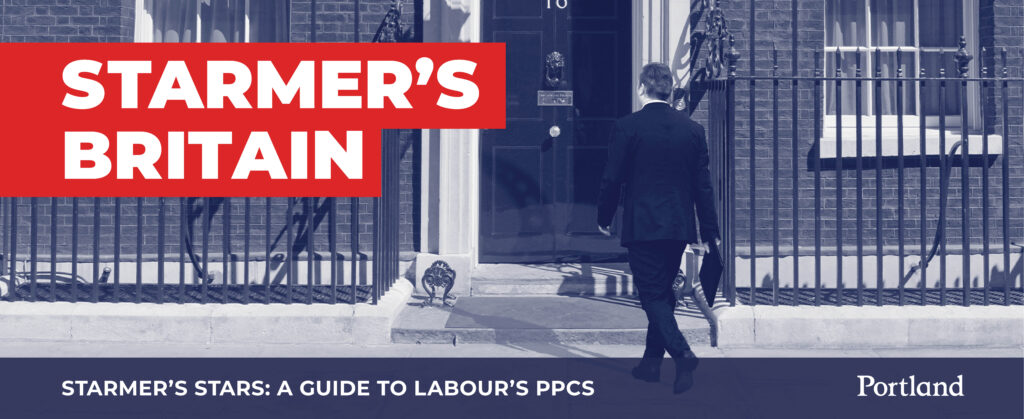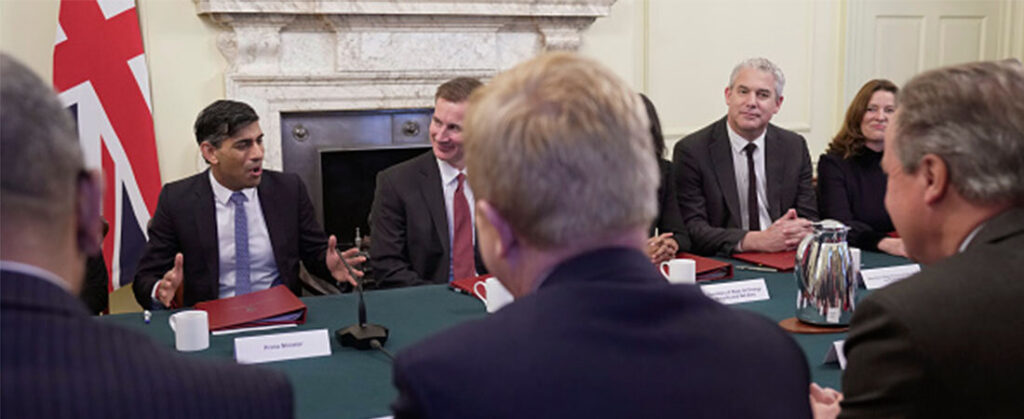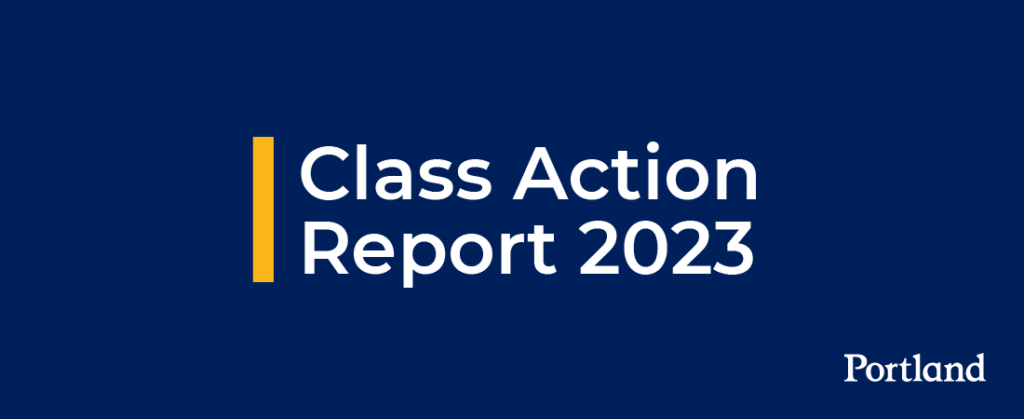According to our ‘How Africa Tweets’ study, political hashtags make up 8.67% of all hashtags across the African continent. This proportion is higher than in the US, UK, France and Canada, which is perhaps suggestive of a more politically engaged population in Africa, or perhaps it is due to the lack of freedom of speech in certain African countries which pushes people online to express their views. We therefore dug deeper and tried to understand politics on Twitter a bit better.
Political hashtags were used in Africa throughout the last year in relation to a multitude of events, in particular during major elections across many countries. In fact, we witnessed several historic elections in Africa in 2015. It is perhaps not surprising then that our study into Twitter use in Africa highlighted an extremely high prevalence of political hashtags in the seven countries which held elections last year. We then wondered, did the volume of certain hashtags correspond to the final winners of these elections?
To investigate this, we looked at three major presidential elections that took place last year in Africa: in Nigeria, Burundi and Tanzania. In Tanzania, Chama Cha Mapinduzi (CCM) – the victorious party of the now President Magufuli – had a clear majority of hashtags. In fact, the CCM’s slogan #hapakazitu was the fifth most popular hashtag in Tanzania. Magufuli is an active Twitter user with over 117,000 followers and helped promote his party online. It was therefore unsurprising that this group was able to yield significant influence.
In Nigeria the political engagement on Twitter was very high. #NigeriaDecides, the hashtag that encompassed the election was the most popular political hashtag in all of Africa with one million geolocated mentions. The winning candidate, Buhari, also received the most mentions on Twitter, while the losing candidate, Jonathan, received significantly fewer. It is interesting to note that President Buhari’s Twitter profile is not particularly active, however, he has a significant following of half a million. His opponent, Goodluck Jonathan, on the other hand, maintains a highly active Twitter profile, but has a relatively low following of only 20,000. These results are also unsurprising when you reflect upon which candidate won.
However, Burundi was a different case. President Nkurunziza was successfully re-elected but Twitter traffic would not have predicted it. The opposition hashtag #stopnkurunziza was very popular, and even the equally popular hashtag #nkurunziza was overwhelmingly critical and negative. This case is extremely interesting as it contradicts the trend discovered above.
We therefore find that while Twitter holds promise in being able to predict elections, it is not there – at least not yet. In looking at the limited demographics that the social media platform attracts and the often erratic influence of many other factors, we found that Twitter cannot be representative of the electorate as a whole and therefore undermines the credibility of any such predictions.
We found it was difficult to distinguish whether the political tweets were posted by a vocal minority, which in some cases could be mistaken for a majority. In addition, it was not easily possible to tell whether the hashtags were used to tweet in favour of or against a candidate.
Importantly, our research has shown that Twitter is a valuable tool for engaging a population around an issue or an election, however, collecting top-line data alone is not enough to accurately predict how a population will act or vote. It may be some time before Twitter can do just that, so it will be interesting to see which trends emerge in the next African election.


